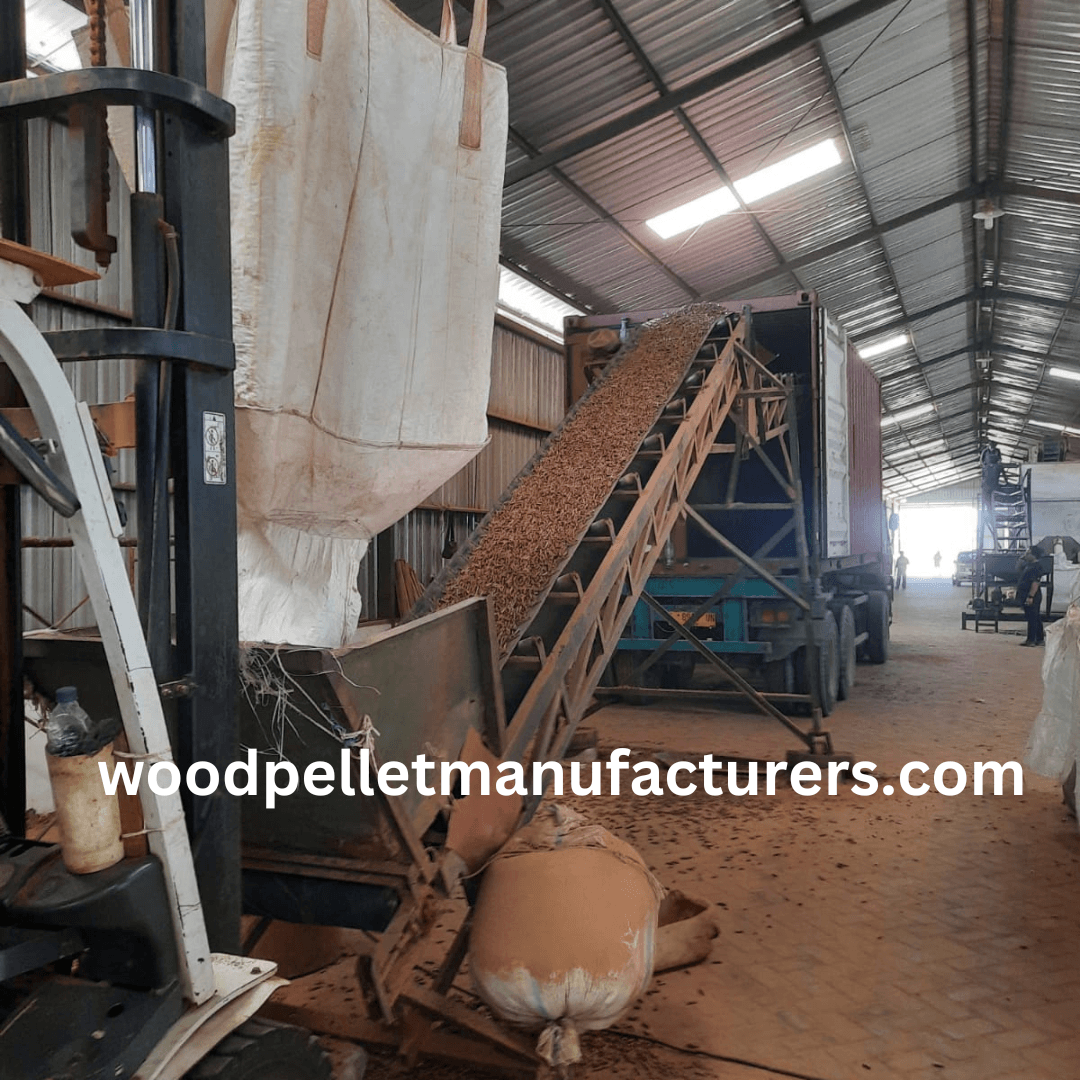
woodpelletmanufacturers.com
The Surprising Utility of Wood Pellets: A Sustainable Energy Solution
Introduction:
Wood pellets, once a niche fuel source, have gained increasing popularity in recent years as a sustainable and versatile solution for various applications. These small, cylindrical pieces of compressed wood have proven to be a valuable resource, offering a range of benefits in terms of energy efficiency, environmental sustainability, and economic viability.
Renewable Energy Source
Wood pellets are derived from biomass, making them a renewable energy source. Unlike finite fossil fuels, biomass is considered carbon-neutral, as the carbon dioxide released during combustion is offset by the carbon dioxide absorbed by the trees during their growth. This renewable characteristic makes wood pellets an environmentally friendly alternative to traditional heating and power sources.
Clean and Efficient Combustion:
Wood pellets are designed to burn cleanly and efficiently. Their uniform size and composition result in consistent combustion, minimizing emissions of pollutants such as sulfur dioxide and particulate matter. This makes wood pellets an attractive option for residential heating, reducing the environmental impact associated with conventional wood-burning stoves.
Reduced Carbon Footprint:
By utilizing wood pellets, individuals and industries can significantly reduce their carbon footprint. The closed carbon cycle of biomass ensures that the carbon released during combustion is part of the natural carbon cycle, as opposed to introducing additional carbon from fossil sources. This can contribute to mitigating climate change and promoting a more sustainable future.
Versatility in Applications:
Wood pellets are incredibly versatile and can be used for various applications. They are commonly used in residential heating systems, industrial boilers, and power plants. The adaptability of wood pellets extends to their use in cooking and as a source of heat for processes such as drying and generating steam in manufacturing facilities.
Economic Benefits:
The production and use of wood pellets also contribute to local economies. The forestry and wood pellet manufacturers generate employment opportunities in rural areas where these resources are abundant. Moreover, the use of wood pellets as an energy source can lead to energy cost savings for consumers, further enhancing their economic appeal.
Energy Independence:
Wood pellets provide a means for achieving energy independence. By relying on a domestic and renewable fuel source, countries can reduce their dependence on imported fossil fuels, enhancing energy security and resilience. This can have significant geopolitical and economic advantages in the long run.
Waste Reduction and Forest Management:
The production of wood pellets often utilizes wood residues and by-products from forestry and sawmill operations, reducing the amount of waste and promoting sustainable forest management practices. By utilizing these materials to create a valuable energy resource, the wood pellet industry encourages a more efficient use of available resources.
Conclusion:
Wood pellets have emerged as a powerful and sustainable solution in the quest for cleaner and more efficient energy sources. Their renewable nature, clean combustion, and versatility make them an attractive option for a wide range of applications. As we navigate the challenges of climate change and seek to reduce our reliance on non-renewable resources, wood pellets stand out as a promising contributor to a more sustainable and resilient energy future.

